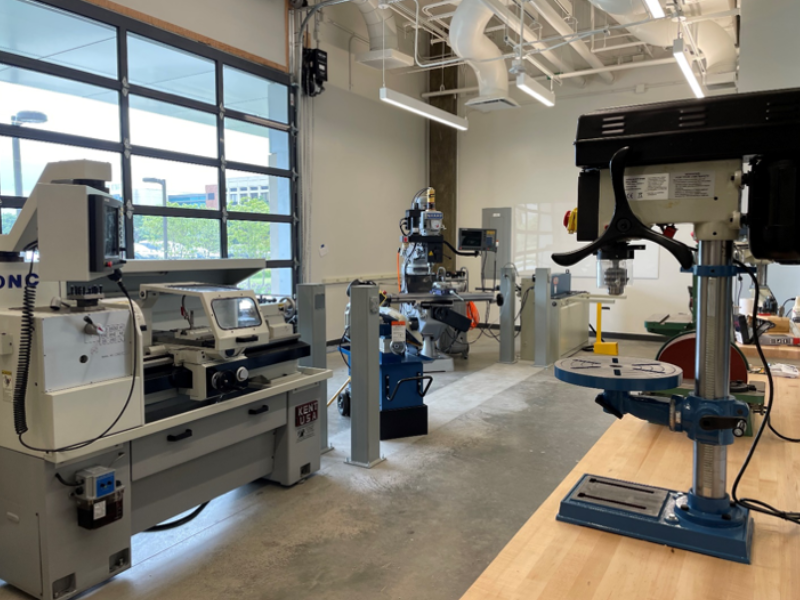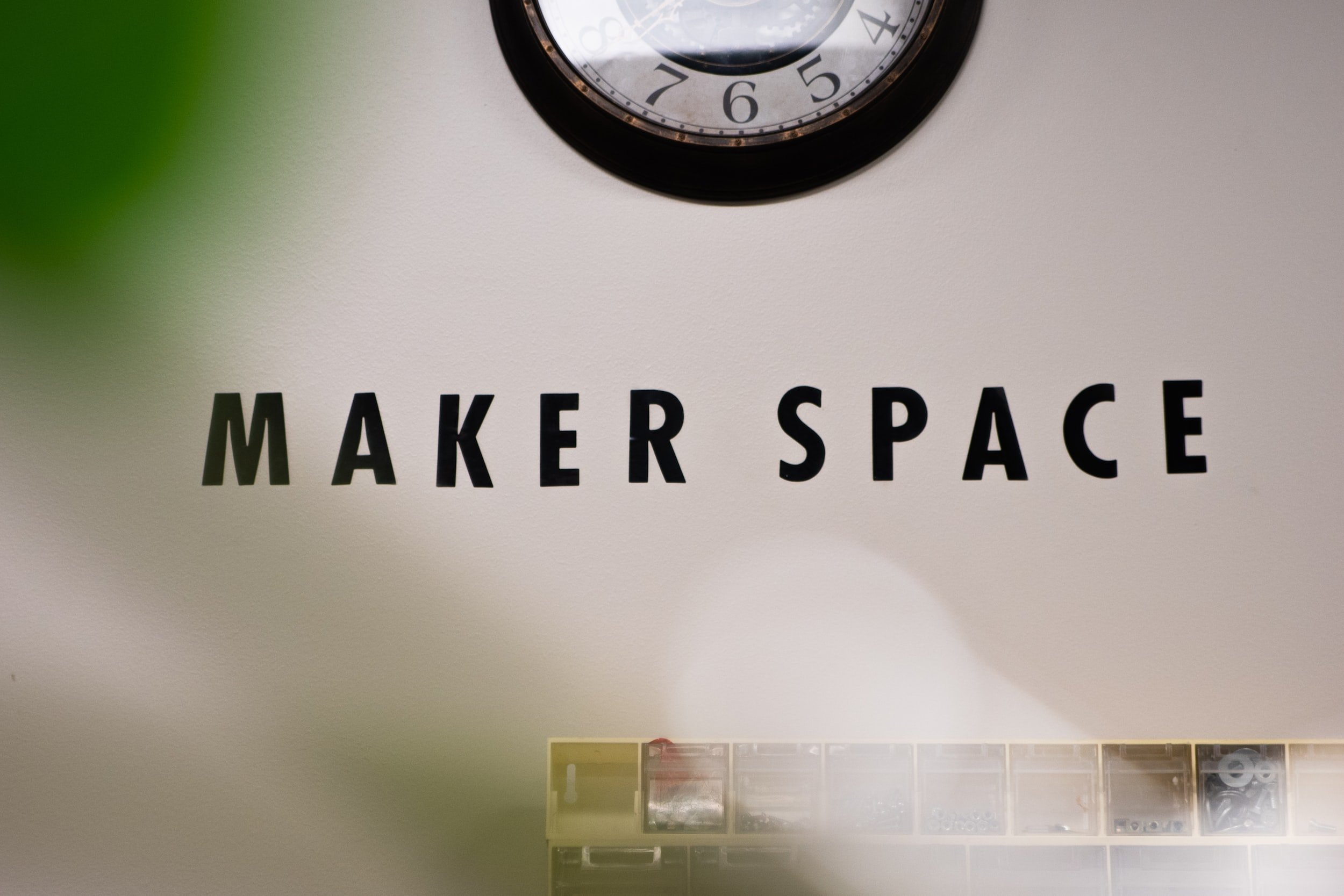How makerspaces are helping people turn their passions into profits
Makerspaces are the key to turning passions into profits by providing affordable access to specialized equipment and skill-building opportunities that can help Makers reduce startup costs.
Makerspaces have become increasingly popular for people pursuing their passions and interests in a collaborative, supportive environment. Aside from being credited with various benefits, makerspaces also play a significant role in helping people turn their passions into profits.
Let me share with you how makerspaces support the growth of entrepreneurial ventures and some of the challenges and opportunities that makerspace-based businesses face.
The Benefits of Makerspaces
Makerspace was known as fab labs or hackerspaces. They are community spaces where people can create, build, and learn using shared tools, equipment, and resources.
What Can You Expect from Engaging with a Makerspace Community?
You can experiment with new materials, technologies, and techniques to bring their ideas to life. Makerspaces provide a collaborative and supportive community to share your ideas and learn from others to solve problems.
Makerspaces offer a wide range of tools and equipment, such as 3D printers, laser cutters, and CNC machines, that can be prohibitively expensive for individuals to purchase independently. By pooling resources and sharing equipment, makerspaces provide an affordable way for individuals to access the tools they need for their projects.
Their various workshops, classes, and training programs allow individuals to learn new techniques and technologies in a supportive and collaborative environment.
You can have many learning opportunities, from electronics and robotics to woodworking and sewing.
Industries that Benefit from Makerspaces
Makerspaces are not only beneficial for individuals but can also have a positive impact on various industries. The following are the three industries that can benefit from the resources and opportunities that makerspaces provide.
Tech and Engineering
Makerspaces provide users access to tools such as 3D printers and CNC machines that are essential for prototyping and designing products.
Fashion and Textiles
The fashion and textiles industry needs a space for fashion designers and textile artists to collaborate and share ideas. Makerspaces can provide access to industrial sewing machines, sergers, and other specialized equipment essential for creating high-quality garments.
Art and Design
Artists and designers who work with various mediums and makerspace have a place for collaboration and community building among them. Makerspaces offer access to tools such as laser cutters, woodworking tools, and pottery wheels, allowing artists and designers to create works they might not have been able to.
Handmade Goods Makers
Makerspaces offer handmade goods makers access to specialized equipment, shared resources, networking opportunities, and skill-building classes that can help them turn their passion into profits. By using these resources, handmade goods makers can create unique products, target niche markets, and collaborate with other makers to grow their businesses. Makerspaces can also reduce startup costs by providing access to equipment, shared resources, and skill-building opportunities to build a sustainable business.
Makerspace
Success Stories
You might be motivated by these case studies of companies that turned their passions into successful ventures by utilizing makerspaces.
Case study: MakerBot
MakerBot is a company that designs and manufactures 3D printers for both professional and personal use. The company was founded in 2009 by Bre Pettis, Adam Mayer, and Zach Smith in Brooklyn, New York. MakerBot's founders were all members of the NYC Resistor hackerspace, where they could experiment with 3D printing technology and develop their 3D printers.
MakerBot's success can be attributed to the founders' experience and knowledge gained through their involvement in makerspaces. Individuals, businesses, and educational institutions worldwide now use the company's products.
Case study: Local Motors
Local Motors is a company that designs and manufactures cars using a crowdsourced approach. Headquartered in Phoenix, Arizona, the company was founded in 2007 by Jay Rogers. Local Motors utilizes makerspaces to prototype and manufacture its cars, fostering innovation and collaboration among its employees.
One of Local Motors' most successful projects is the Rally Fighter, a high-performance off-road vehicle. The Rally Fighter was designed through a collaborative effort between Local Motors' employees and community members who participated in the company's online design challenges.
Case study: Adafruit Industries
Adafruit Industries is a company that designs and manufactures open-source electronics and DIY kits for hobbyists and professionals. The company was founded in 2005 by Limor Fried, who was inspired by her experiences in makerspaces and DIY communities.
Adafruit Industries has become a leading voice in the open-source hardware movement and has strongly supported the maker movement. The company has donated equipment and supplies to makerspaces worldwide and has worked to promote makerspace education and innovation. Adafruit Industries is successful because of its commitment to open-source technology and involvement in makerspaces.
Conclusion
Makerspaces are a powerful tool for turning passions into profits. With the proper support and resources, they can play a vital role in shaping the future of various industries.
If you're looking for a makerspace to help turn your passion into a profitable venture, consider Makeplus. With our top-of-the-line equipment and knowledgeable staff, Makeplus is one of the best makerspace businesses in the industry. Take the first step towards making dreams a reality with Makeplus today.
Written by Angelica Aurelio








